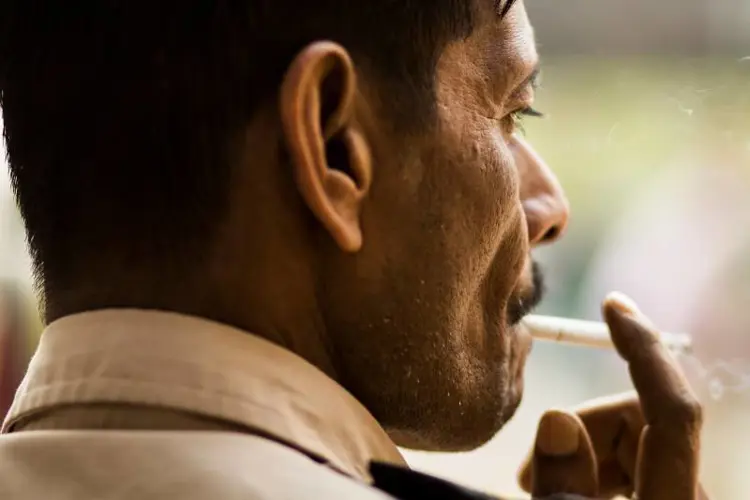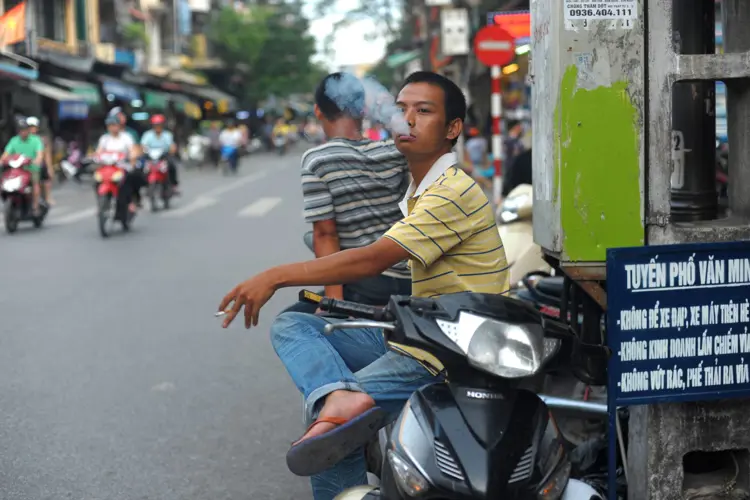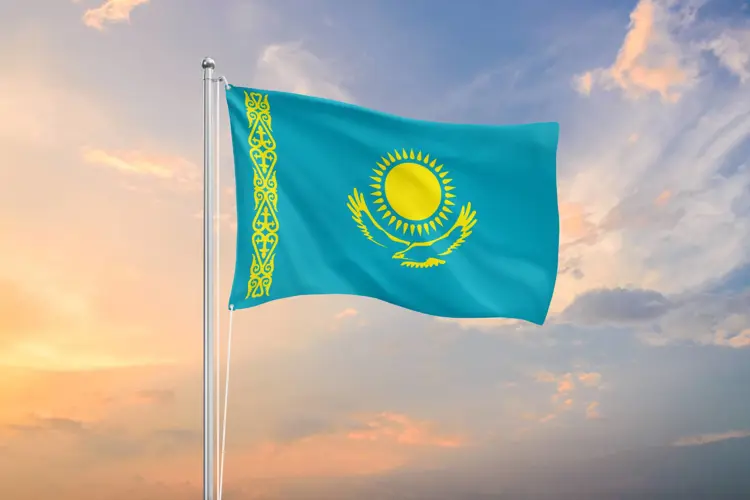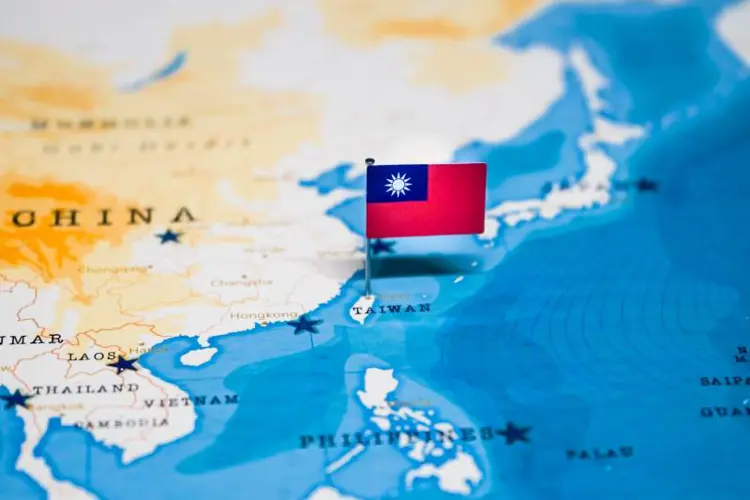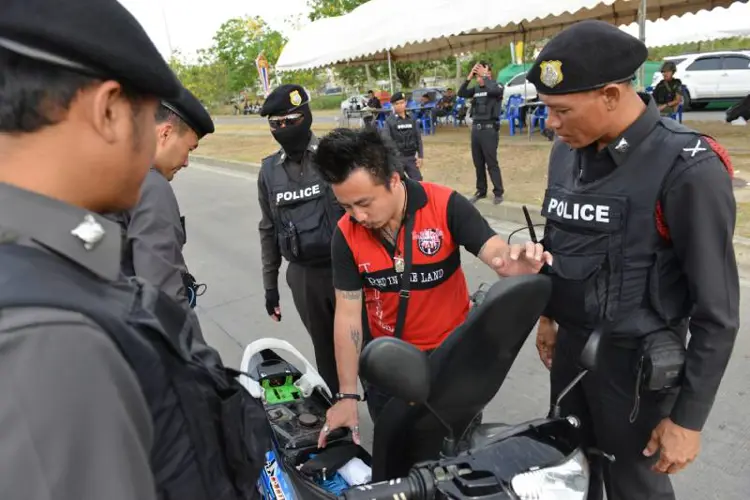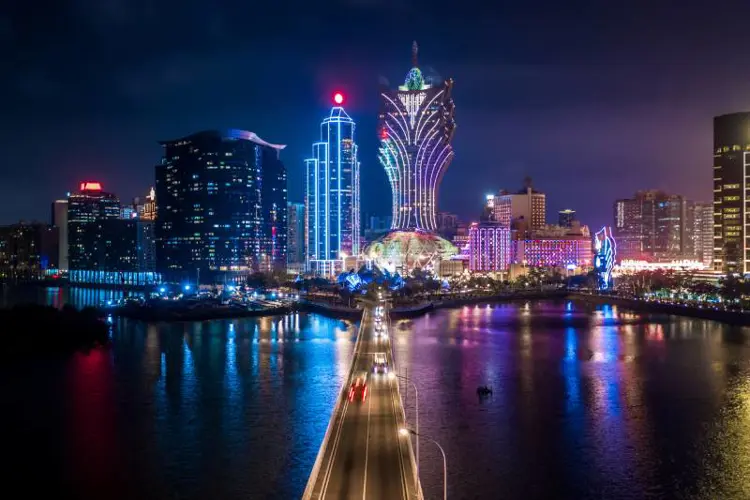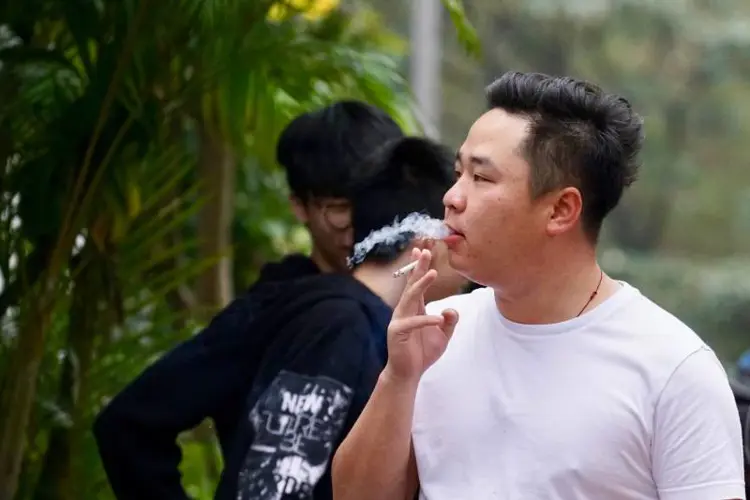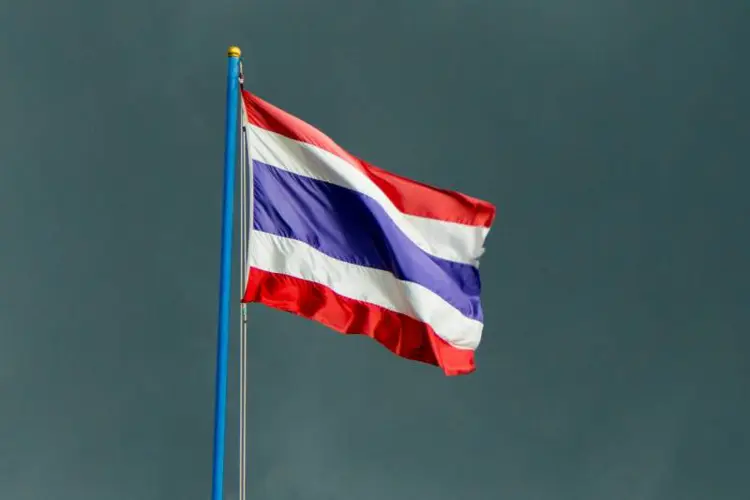The government of Cambodia hates vaping so much that the country’s leaders have prohibited the practice twice. Apparently not satisfied with its original 2014 ban on use, sales and imports, the Cambodian National Authority for Combatting Drugs (NACD) has banned the products again.
The NACD says online sales of e-cigarettes and heated tobacco products (HTPs) have led to widespread youth vaping, according to the Khmer Times. The newspaper says the anti-drug authority believes that vaping is a gateway to other drugs, and that it can “lead to spreading deadly diseases through sharing devices.” The latter talking point was promoted last year by the World Health Organization (WHO).
In fact, most of the Cambodian drug agency’s positions on vaping and HTP use come from the WHO or its anti-tobacco arm the Framework Convention of Tobacco Control (FCTC). The WHO’s tobacco control efforts (and the FCTC itself) are funded by American billionaire Michael Bloomberg and connected with various Bloomberg-controlled anti-tobacco organizations.
Cambodia is one of several Southeast Asian countries to have issued vape bans at the behest of the WHO and various Bloomberg-connected anti-vaping tobacco control groups.
“Recently, e-cigarettes have been sold on social media, suggesting that they are safe tools to quit smoking, a safer product than regular cigarettes and do not harm the environment,” the NACD announced. “Actually these claims contradict the World Health Organization and major health institutions around the world, which have made it clear that exposure to e-cigarettes can lead to addiction, serious lung disease and even death. It can also be a motivating factor for the use of other illegal drugs.”
The NACD did not explain why it is necessary to ban vaping products a second time. The 2014 order also included shisha (hookah), but did not address HTPs, which were not commonly available at that time.
Cambodia is one of several Southeast Asian countries to have issued vape bans at the behest of the WHO and various Bloomberg-connected anti-vaping tobacco control groups. Most recently, Vietnam announced it would ban e-cigarettes and HTPs. Brunei, Malaysia, Myanmar, Singapore and Thailand have also prohibited vapes.
The last national survey of Cambodia in 2015 showed that 32.1 percent of male citizens over 15 smoked cigarettes, according to the Tobacco Atlas. More than 15,000 Cambodians die of smoking-caused disease every year.
The Freemax REXA PRO and REXA SMART are highly advanced pod vapes, offering seemingly endless features, beautiful touchscreens, and new DUOMAX pods.
The OXVA XLIM Pro 2 DNA is powered by a custom-made Evolv DNA chipset, offering a Replay function and dry hit protection. Read our review to find out more.
The SKE Bar is a 2 mL replaceable pod vape with a 500 mAh battery, a 1.2-ohm mesh coil, and 35 flavors to choose from in 2% nicotine.
Because of declining cigarette sales, state governments in the U.S. and countries around the world are looking to vapor products as a new source of tax revenue.
The legal age to buy e-cigarettes and other vaping products varies around the world. The United States recently changed the legal minimum sales age to 21.
A list of vaping product flavor bans and online sales bans in the United States, and sales and possession bans in other countries.









